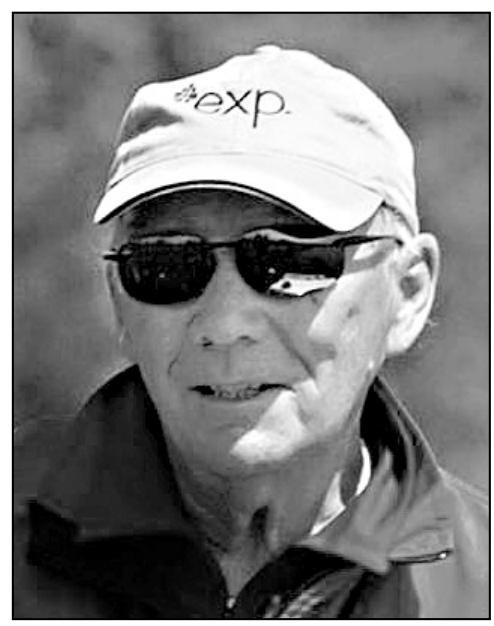When Michael Spracklen arrived to coach the Canadian men's rowing team in 1990, only one athlete, Andy Crosby, was on the dock waiting for him. Spracklen was not disheartened. He always says, "If they believe in me, they will come." And they have. (Crosby won Olympic gold two years later.)
Rowing was simple then. Recently elected as Rowing Canada's vice-president of high performance, Doug Hamilton provided instant feedback to his two coaches, Al Morrow and Spracklen. All disputes were resolved immediately and not by committees. There wasn't the hierarchy between coaches and staff that there is now.
At the time, rowers lacked direction and work ethics. Spracklen changed everything. He believes in the individual, and he knew if they believed in him they would succeed. He has always told the athletes if they committed to a certain number of hours training with him, they could medal at the Olympics.
Women rowers tweaked their own program to capture the essence of Spracklen's program. Silken Laumann went further. She and her husband moved to Victoria to train with Spracklen. The system then was flexible and accommodating.
The 1992 Olympics rowing results were astounding. Canada won four gold medals and Laumann won bronze, an unbelievable comeback from her horrific injury 10 weeks earlier.
Unfortunately for Canada, the U.S. hired Spracklen to coach its men's team. Over the next eight years in Canada, the momentum from Spracklen's successful Canadian program dwindled.
Only Laumann and Derek Porter profited from Spracklen's coaching while he was employed by the United States Rowing Association. Both trained in California with Spracklen, and both won silver medals for Canada in their respective singles at the 1996 Atlanta Olympics. (Spracklen received no credit from Rowing Canada for coaching them.)
Hired back by Rowing Canada in 2000, he produced the best crews in the world for eight years - three consecutive world champions leading to Athens in 2004, then four more consecutive world championships leading to likely the best Canadian crew ever in Beijing (2008) and another Olympic gold medal in the men's eight.
Rebuilding from scratch again in 2009, Rowing Canada, and in particular, the elected high-performance vice-president, continued to clip Spracklen's wings. He was allowed only 10 athletes plus a coxswain. In spite of this, he built skill, power and speed to a world-record time in Lucerne in May. Then they astounded the world in London with an Olympic silver medal in the eight, almost nipping Germany, who had not lost a race since Beijing.
Today the criticisms are both faint and facetious.
"Too hard" - only the failed say so.
"Too old-style" - critics don't understand his technique.
"Too nasty" - his athletes adore him and feel he has positively shaped their lives.
Spracklen has always said that there are no shortcuts to success. His crews believe in him. He is always there for his crews through the best and worst conditions.
The two disgruntled rowers in the pairs chose a different coach and training regime. Their "cross-training" methods led some of us to predict Olympic fifth or sixth place before the event took place.
I am ashamed of the Rowing Canada decision not to renew Spracklen's contract. I don't want to say "I told you so" in Rio. I have watched how dedicatedly our athletes train. They deserve the best coach, and Spracklen has proven many times that he is the best rowing coach in the world.
By isolating and dividing Spracklen and his crew and by treating him shabbily, the association did a huge disservice to both Spracklen and Canada.
What a sad day for all of us that he is no longer allowed the opportunity to coach our Olympic hopefuls.
Marilyn Copland of Victoria has been involved in rowing as a volunteer at all levels in Toronto and Victoria.



